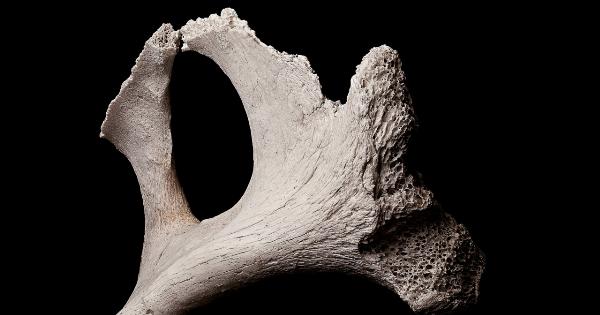Death has always been considered a one-way door. But, new research shows that it may not be so permanent after all. Scientists have achieved a major breakthrough in neuroscience research by resurrecting pig brains after a four-hour death.
What Happened During the Experiment?
During this groundbreaking experiment, scientists took pig brains that had been dead for up to four hours and placed them in a system called BrainEx that perfused them with oxygen, nutrients, and other essential compounds.
Scientists noticed an unexpected reaction, and the team found that the cells had started to function once again. The results revealed that the pigs’ brains had started to function in a limited capacity, with blood vessels regaining normal functions and cell death reversing.
What Does this Mean?
This breakthrough experiment raises significant ethical and philosophical questions about what it means to be alive and the significance of death.
However, it also has significant implications for neuroscience research and could help tackle some of the big questions about the brain – such as what causes consciousness and the nature of free will.
The revived pig brains still lacked the ability to think or have consciousness, and it’s unclear if the method could be applied to human brains.
However, using this technique could provide new insights into how to treat diseases that cause brain damage such as stroke and Alzheimer’s Disease.
What Was the Purpose of the Experiment?
The experiment aimed to provide scientists with a more extended period of time to study the brain without harming living subjects.
It could help researchers understand better how the brain functions and could lead to new discoveries about the brain that were previously impossible to study.
Another purpose of the experiment was to advance the research on organ transplantation, by identifying a way to monitor brain activity during transplantation to prevent complications.
Why is Neuroscience Research Important?
Neuroscience is a field of study that is concerned with the brain and nervous system, its development, and its functions.
The nervous system is responsible for how we perceive and interact with the world around us, including how we think, move, and feel.
A better understanding of how the nervous system functions could lead to new treatments for a range of illnesses and diseases, including brain injuries, seizures, and neurodegenerative disorders such as Alzheimer’s disease and Parkinson’s disease.
In addition, neuroscience research can reveal fascinating insights into human nature, from the impact of nurture versus nature in shaping behavior to understanding how emotions function in the brain.
It is an exciting and important area of study that could lead to life-changing breakthroughs.
The Implications of the Experiment for the Future
The experiment could have several groundbreaking implications, from improving the safety and longevity of organ transplants to finding new treatments for brain damage.
In addition, the research could help us to better understand the nature of consciousness, free will, and the brain. The revival of brain cells could also challenge our traditional understanding of death and what it means to be alive.
In the future, this experiment could pave the way for new advances in neuroscience research that were previously unattainable, fueling exciting new breakthroughs in our understanding of the brain and changing the way we think about life, death, and the nature of consciousness.
Conclusion
The recent resurrection of pig brains after a four-hour death is an exciting breakthrough in neuroscience research that has opened up new possibilities for study and discovery.
However, it also raises significant ethical and philosophical questions about what it means to be alive and the significance of death. The implications of this experiment could be far-reaching, from improving the safety and longevity of organ transplants to discovering new treatments for brain damage.
It’s an exciting time for neuroscience research, and this breakthrough could pave the way for new and unexpected discoveries.





























